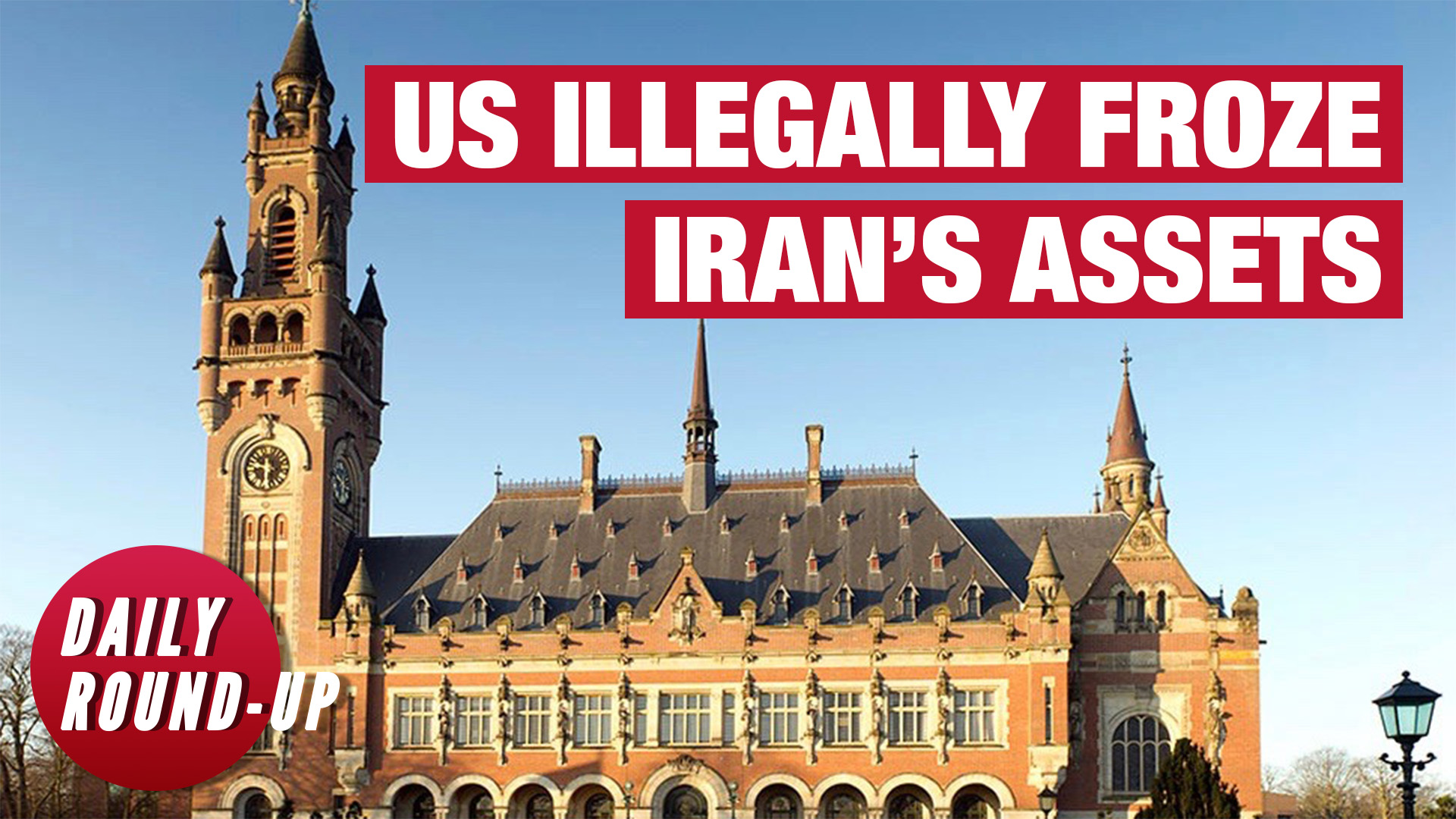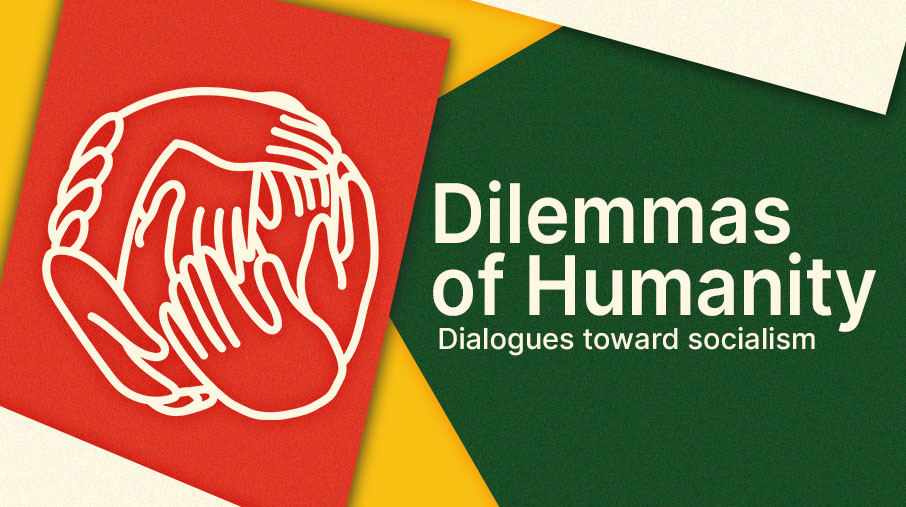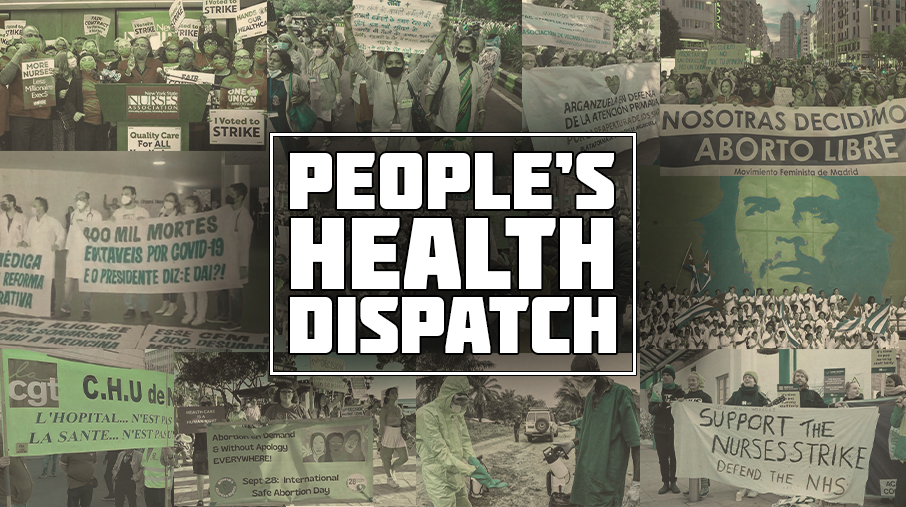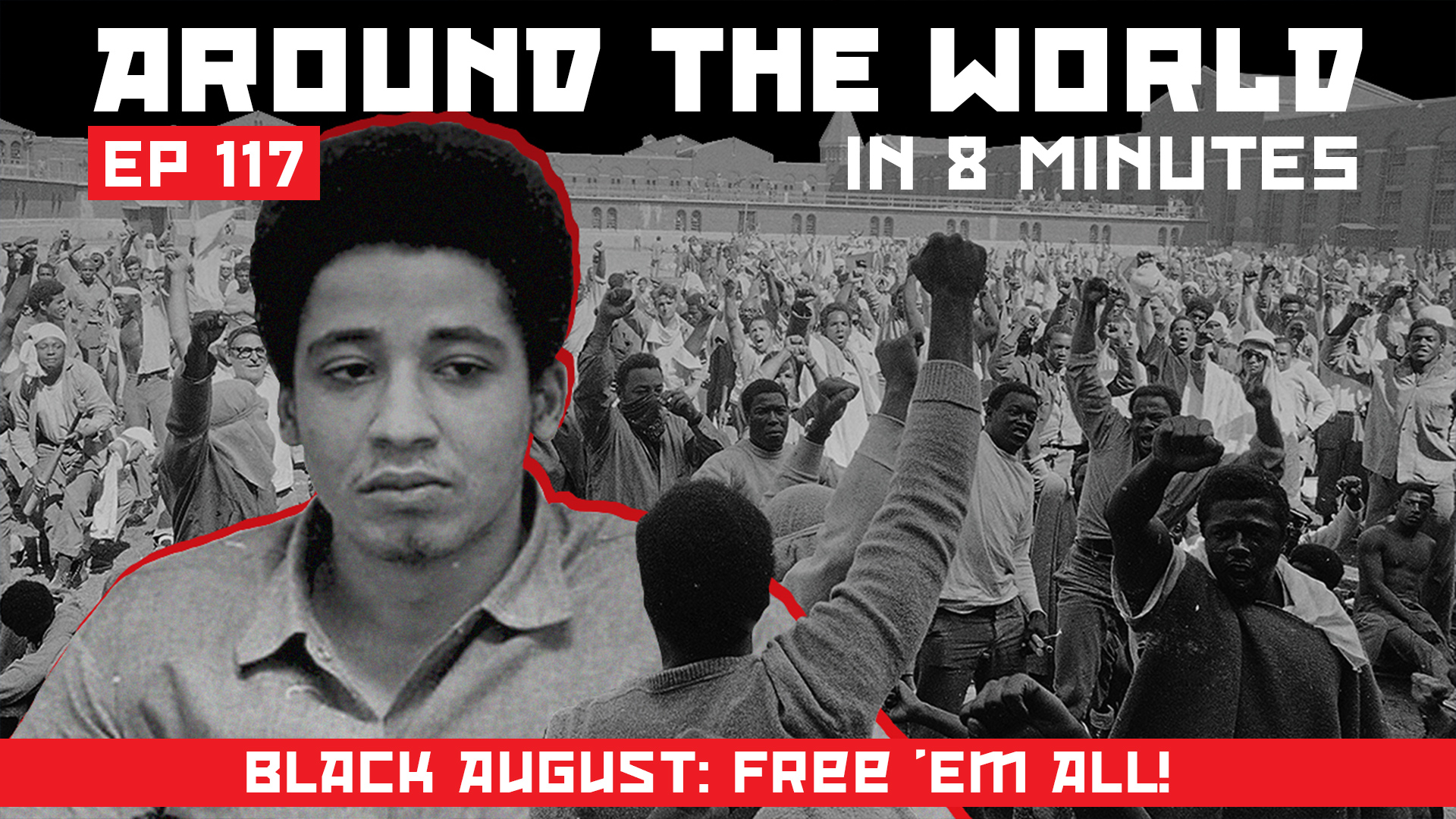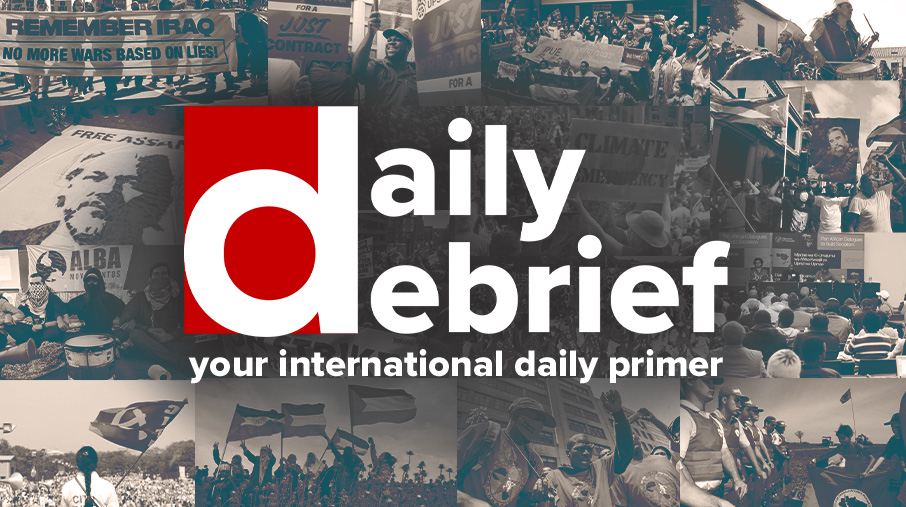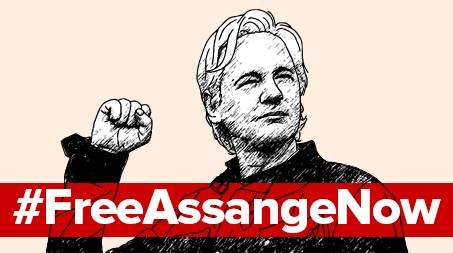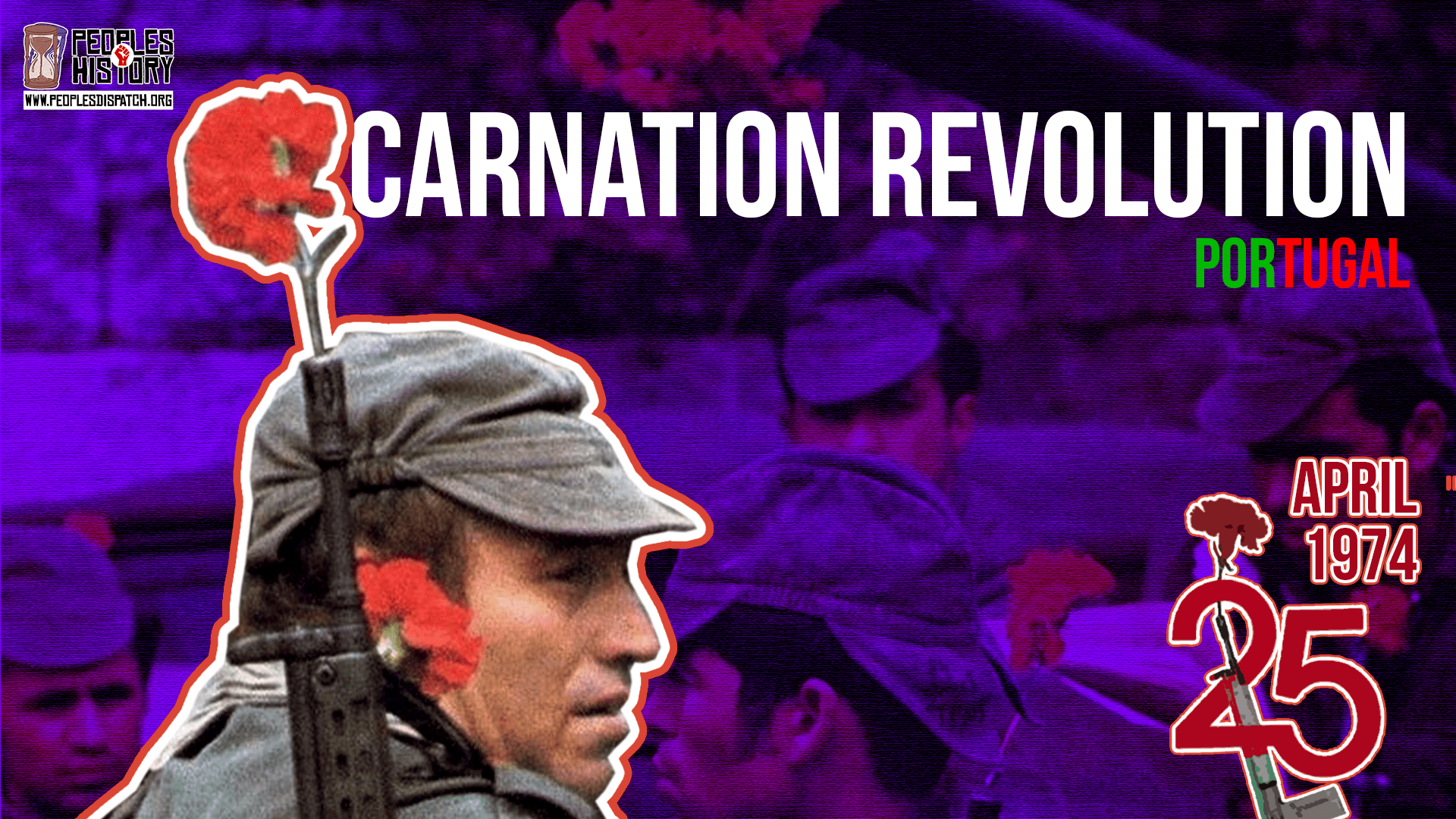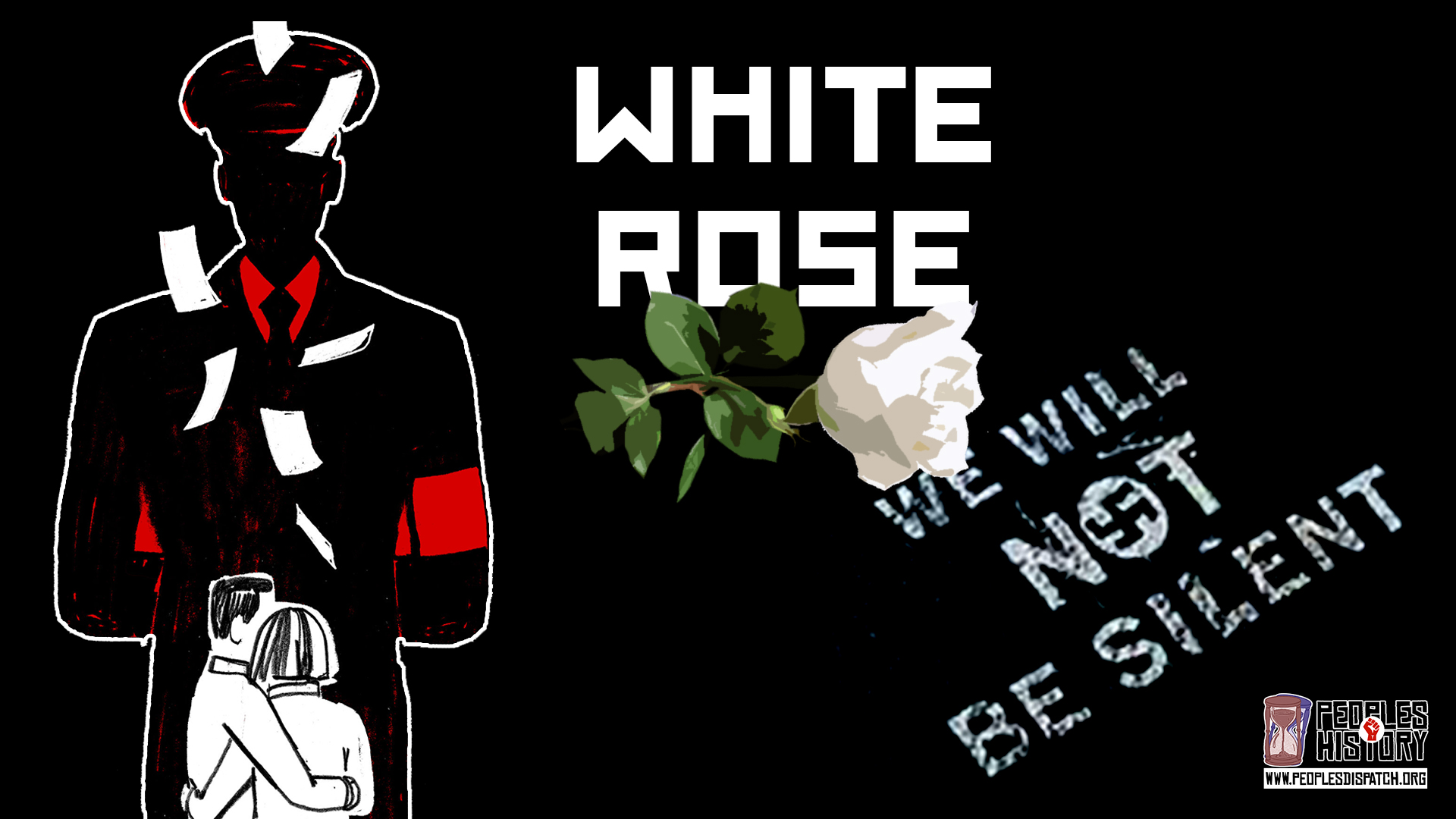 Tanzanian farmers are paying for “conservation” with their land and lives
Tanzanian farmers are paying for “conservation” with their land and lives
For over 15 years, small farmers and pastoralists in Tanzania’s Mbarali have been facing threats of eviction, criminalization and violent attacks by the state to expand the Ruaha National Park
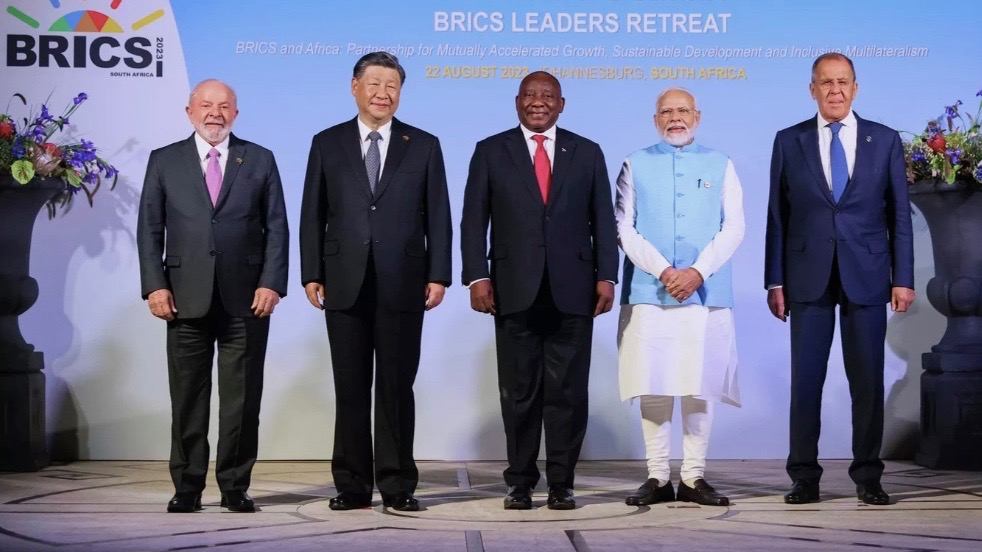 BRICS calls for global economic decision making in the interest of the majority
BRICS calls for global economic decision making in the interest of the majority
Policies followed by the West such as sanctions, conditionalities in loan disbursal, and dollar hegemony were the targets of speeches made by the BRICS leaders on the first and second days of the summit
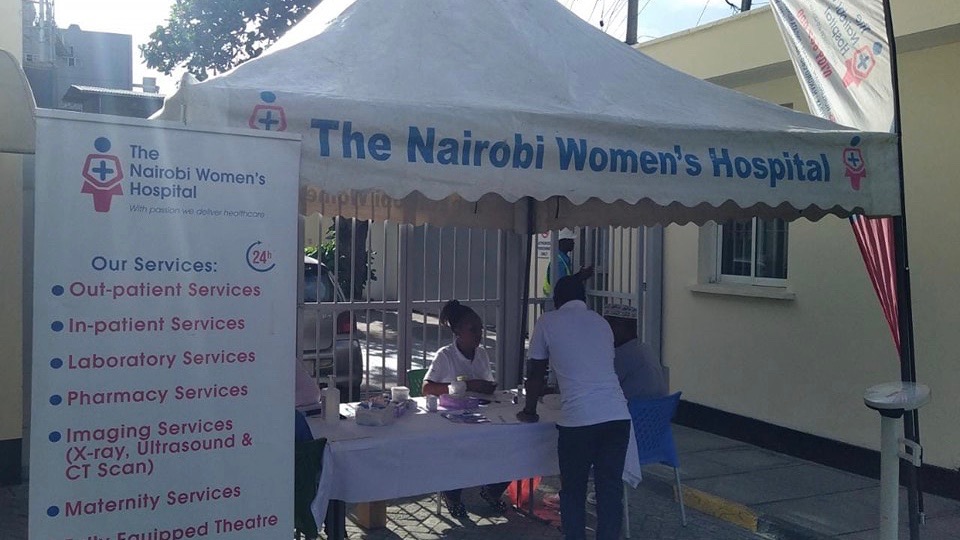 Private health companies prosper while healthcare access stagnates
Private health companies prosper while healthcare access stagnates
A new report by Oxfam shows how investments made by development finance institutions from the Global North benefit private health companies rather than people in need of health care
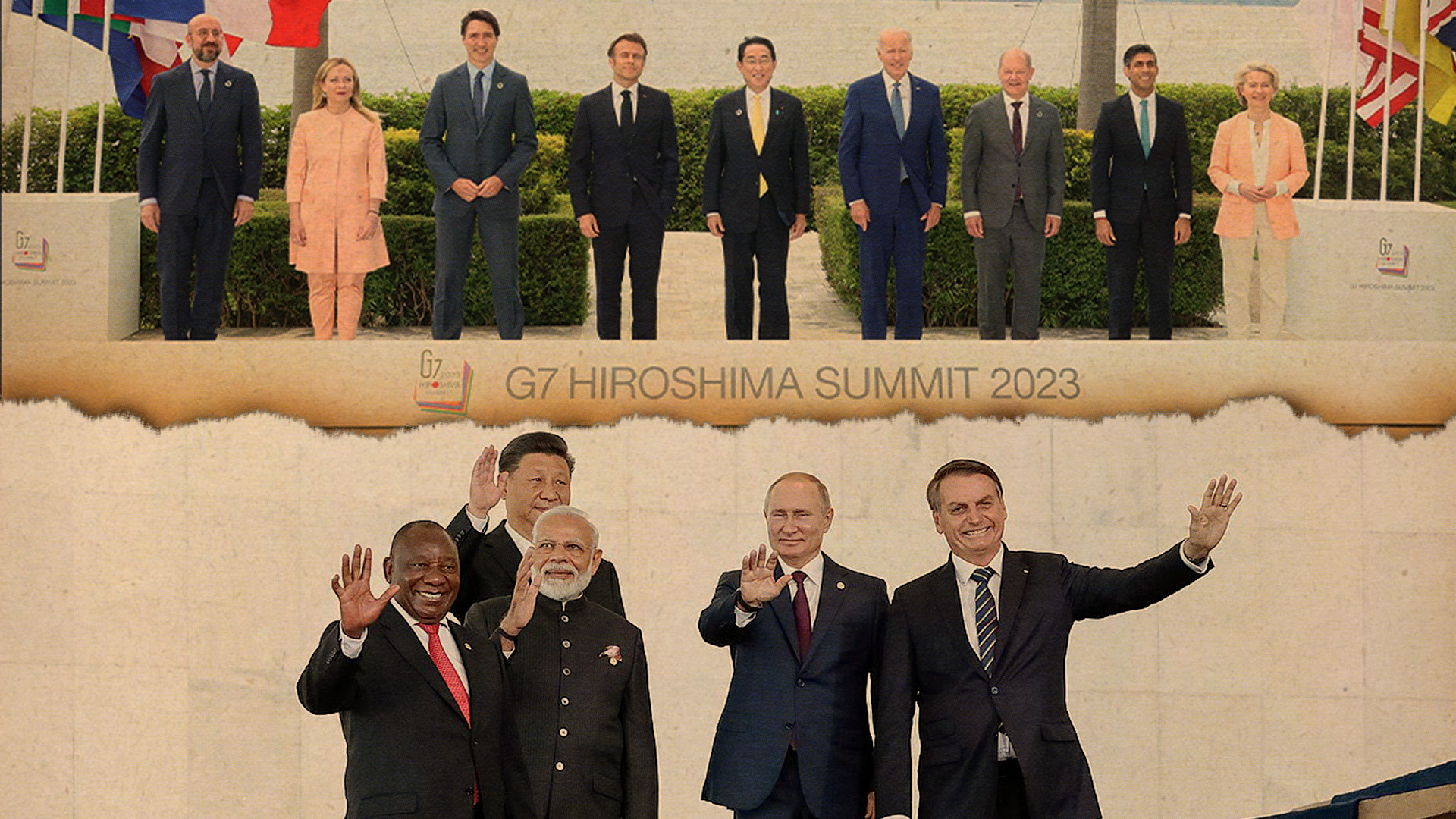 The world economy is changing—the people know, but their leaders don’t
The world economy is changing—the people know, but their leaders don’t
China has been able to mobilize many other nations to resist and oppose United States and G7 policies in various global forums. The source of China’s remarkable economic growth—and the key to BRICS countries’ now successful challenge to the G7’s global economic dominance—has been its hybrid economic model
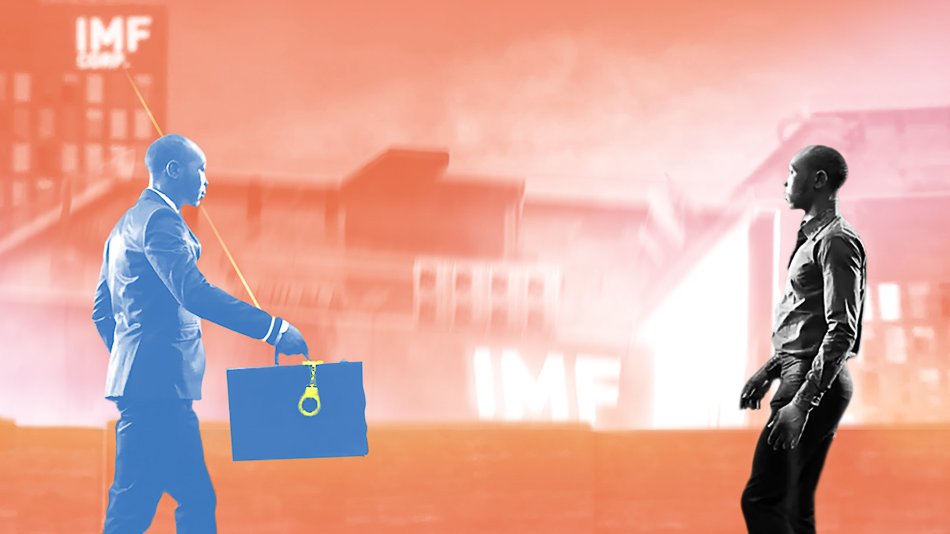 Economy must be ‘at service of life’: resisting debt and neocolonialism in Africa
Economy must be ‘at service of life’: resisting debt and neocolonialism in Africa
A dossier and accompanying discussion hosted by the Tricontinental Institute for Social Research interrogates the vicious cycle of debt rooted in neocolonial extraction that continues to trap countries across the African continent
 Multilateral banks debunk Indian government’s claims on growth rate
Multilateral banks debunk Indian government’s claims on growth rate
The so-called theory of trickle-down effect projected by the government (high prosperity of the rich flows down to enhance the economic welfare of the poor) has been debunked by the data on the growing gap between the rich and the poor in the country, rising poverty, unemployment, and the perpetually rising prices
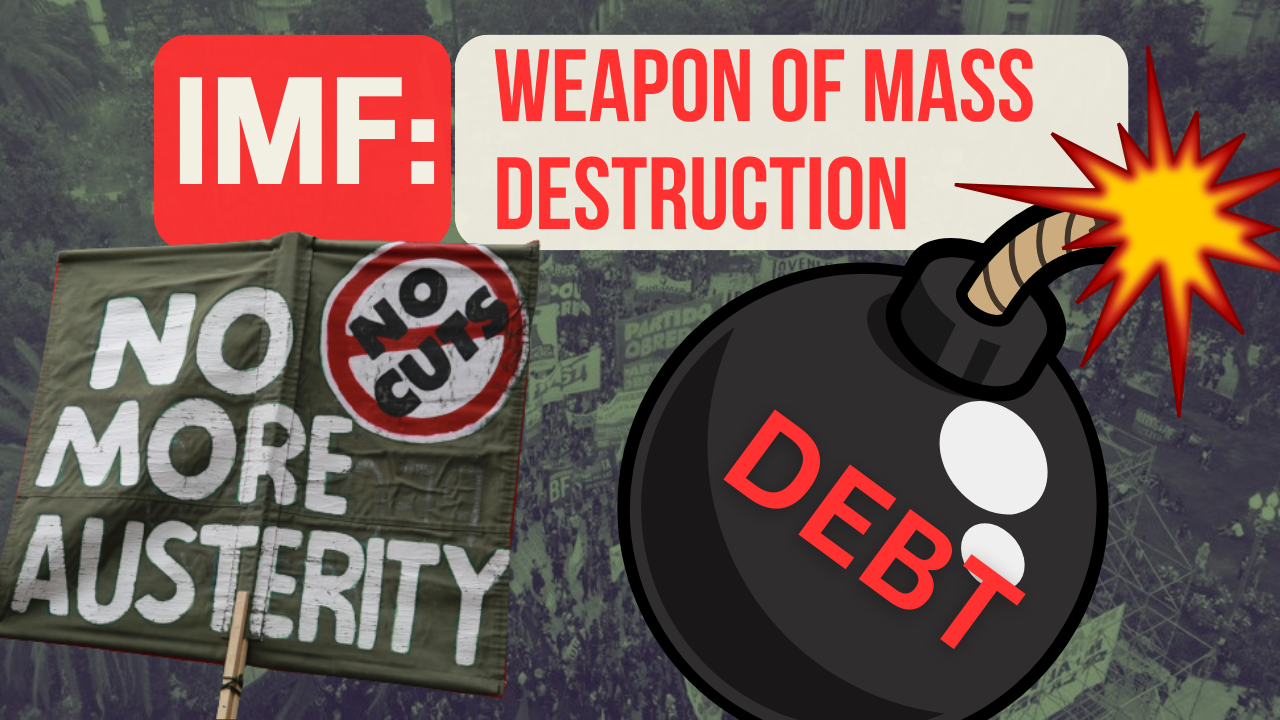 The IMF debt trap and how to get out of it
The IMF debt trap and how to get out of it
Political Economist Grieve Chelwa explains the reasons why countries of the Global South are forced to go time and again to the International Monetary Fund for aid.
A dossier by the Tricontinental Institute for Social Research examines the role of the IMF and other institutions in perpetuating a “permanent debt crisis” in Africa and, broadly, the Global South, outlining ways to free countries from this neocolonial trap
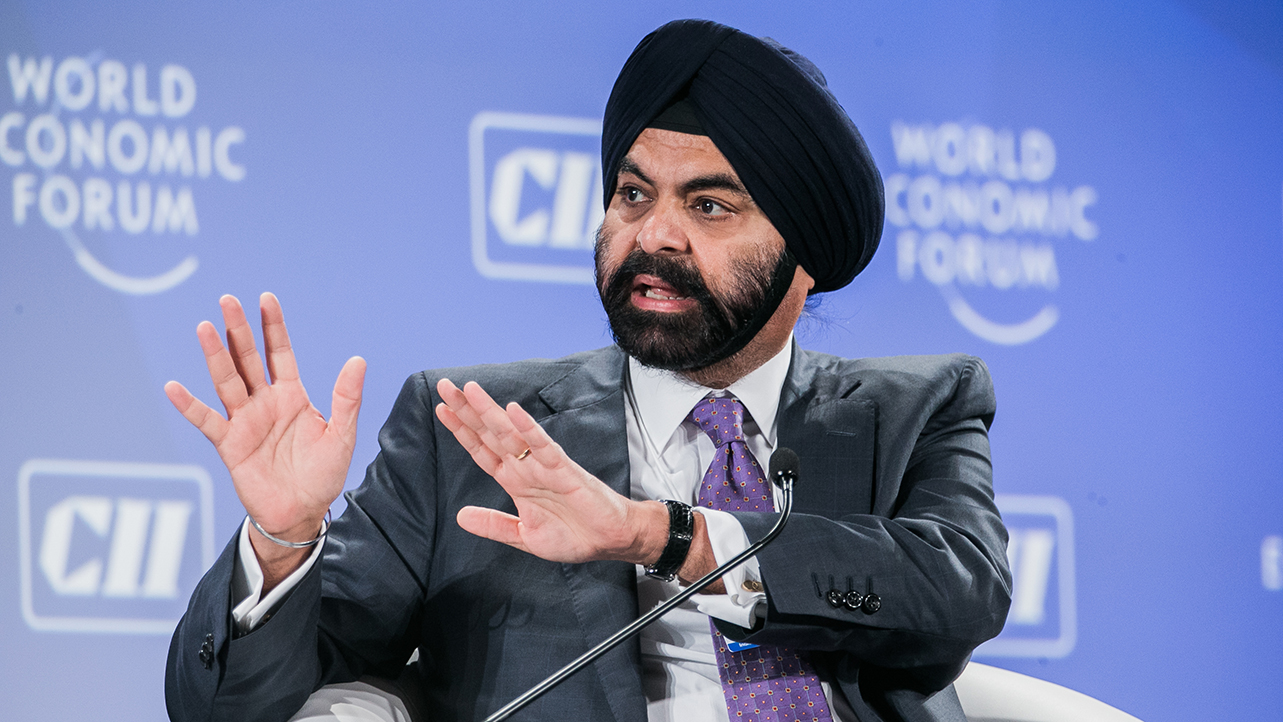 The World Bank and the BRICS Bank have new leaders and different outlooks
The World Bank and the BRICS Bank have new leaders and different outlooks
The records and priorities of the new heads of the World Bank and the New Development Bank – Ajay Banga and Dilma Rousseff – represent two different perspectives on addressing the world’s problems
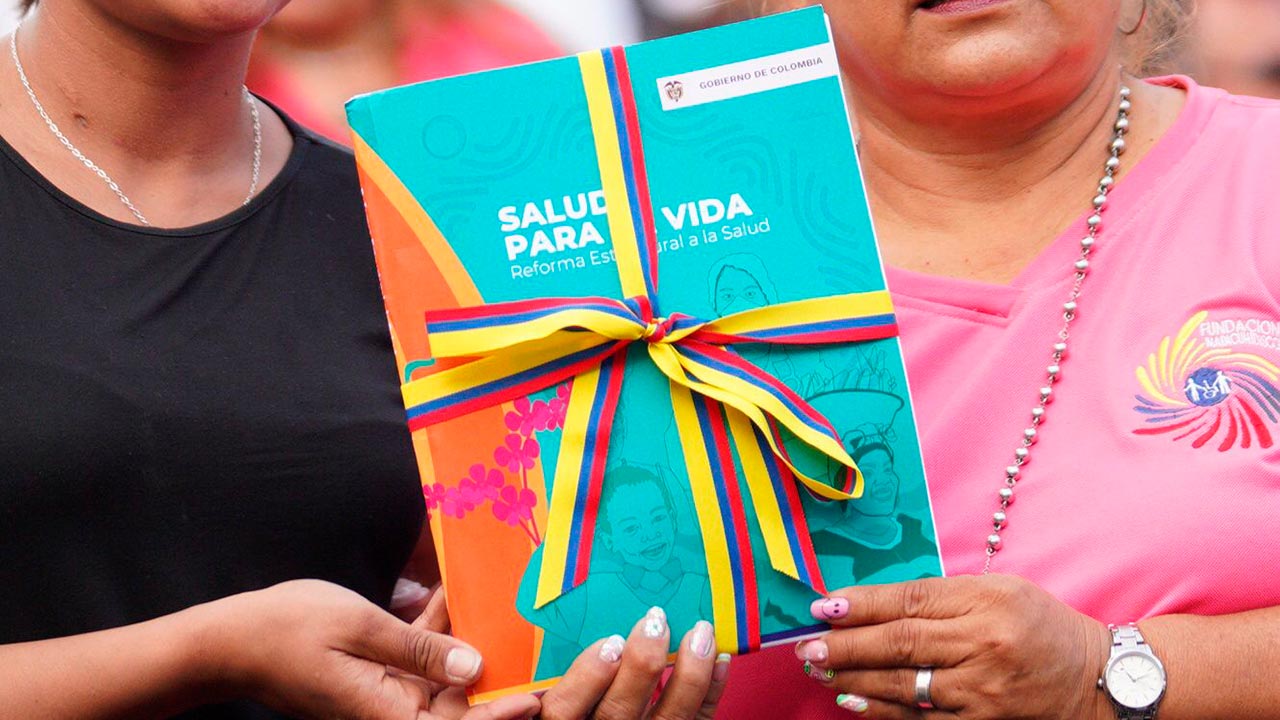 Colombia’s health system could finally see changes that put people over profit
Colombia’s health system could finally see changes that put people over profit
The health reform proposal of the Petro government has sparked a heated debate, as the health insurance corporations and conservatives try to block it
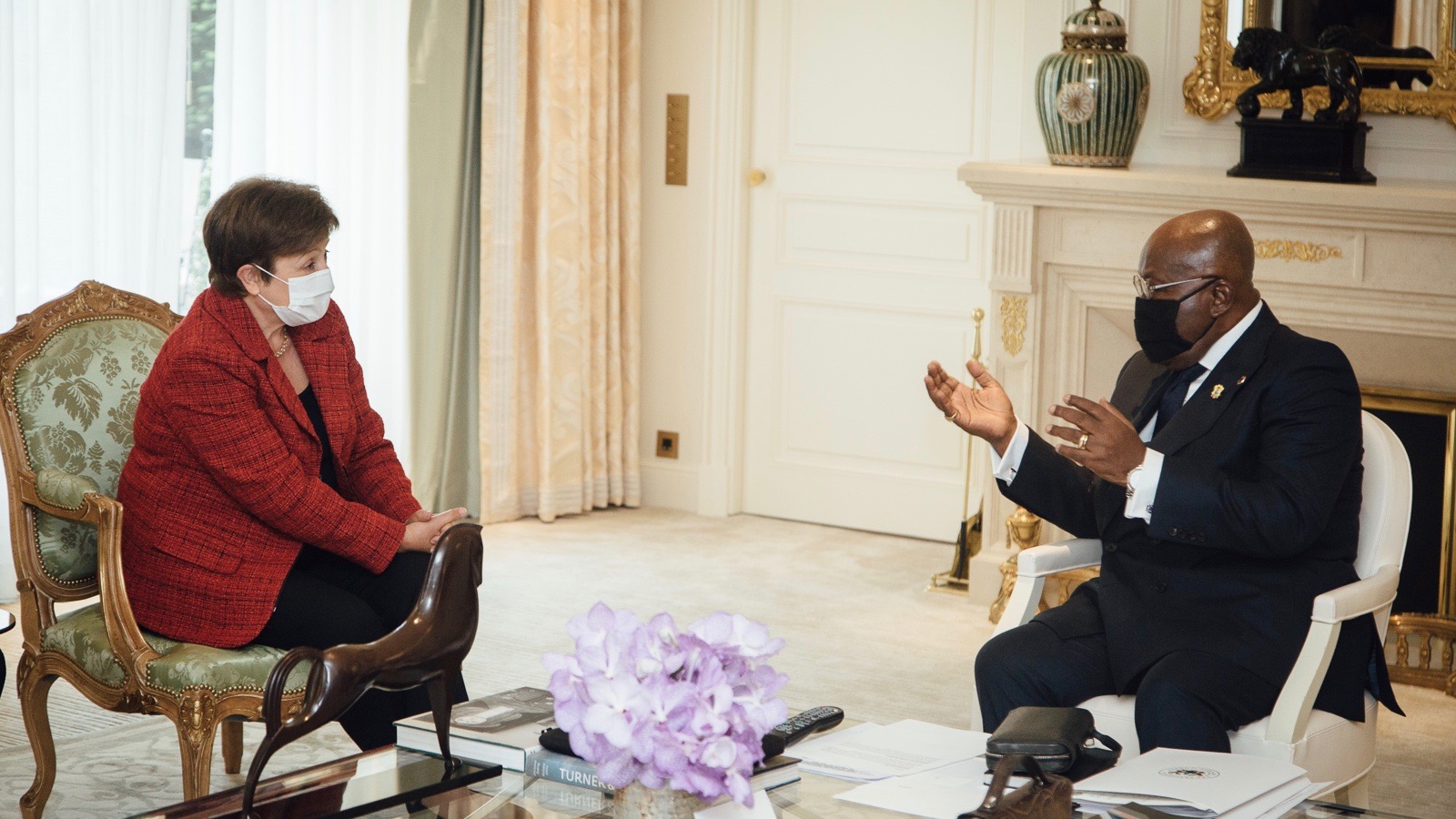 Who is responsible for Ghana’s debt crisis?
Who is responsible for Ghana’s debt crisis?
Ghana has approached the G20 to restructure its external debts, the majority of which are held by private lenders. The process is necessary to unlock a $3 billion IMF bailout that will see severe austerity measures imposed on the Ghanaian people
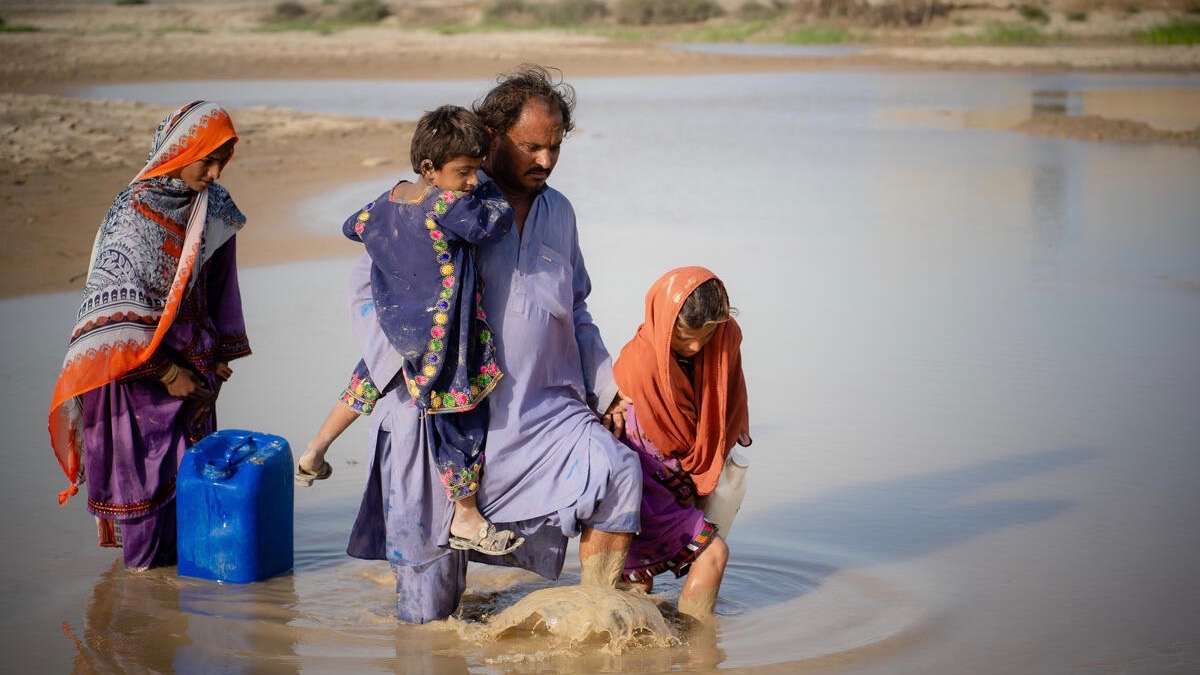 $10 billion in aid has been promised to Pakistan’s flood survivors but many questions remain
$10 billion in aid has been promised to Pakistan’s flood survivors but many questions remain
Pakistan received nearly $10 billion in funding pledges for post-flood recovery at a conference in Geneva this month, but 90% of this money will be in the form of loans, at a time when Pakistan is already facing a severe debt crisis and worsening socio-economic conditions


